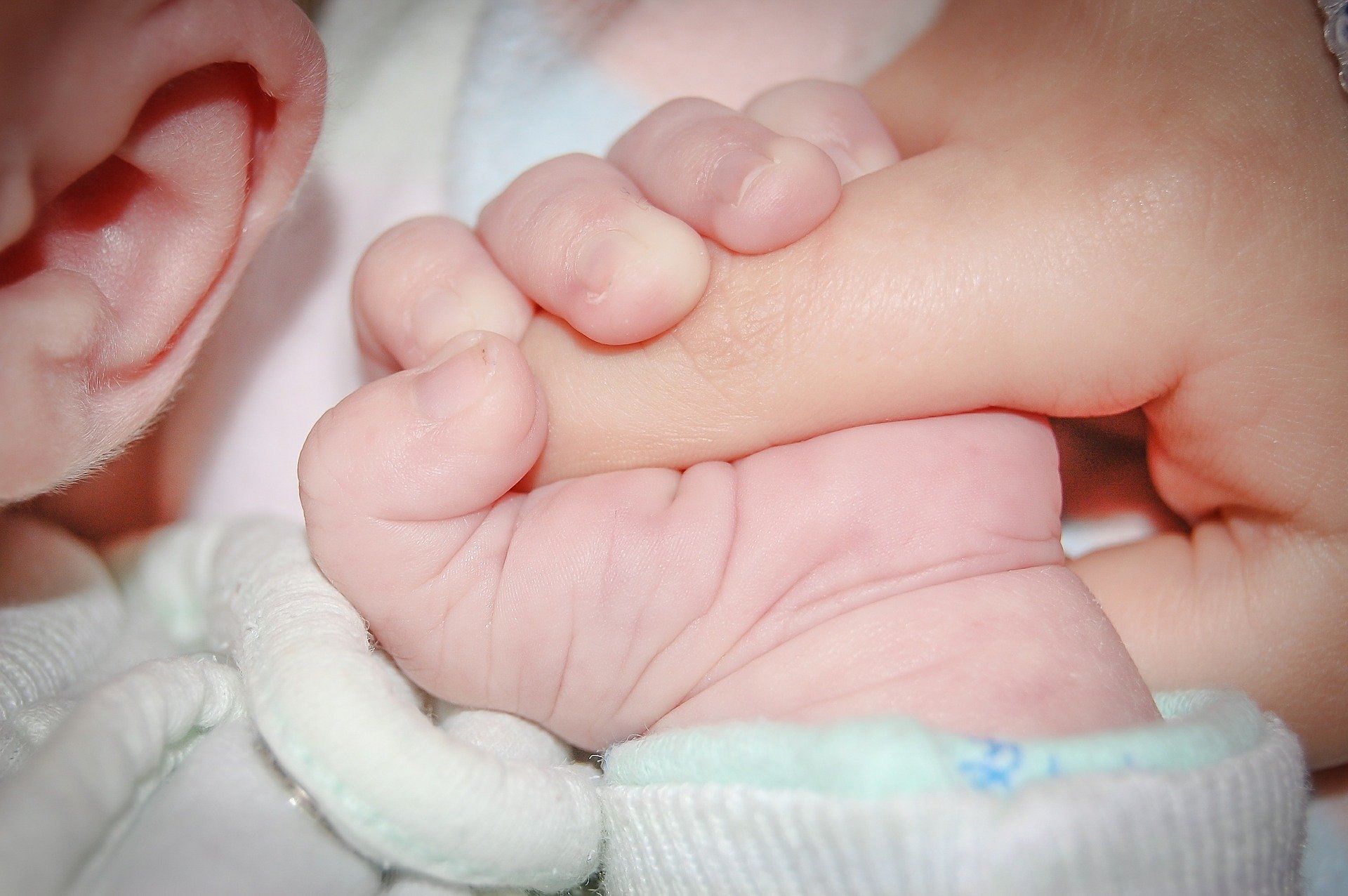
India has made significant strides in providing maternity leave benefits to the working women but paternity leave remains an overlooked subject. Most men avail sick leave or casual leave and sometimes even take unpaid time off in the key times of their lives such as the birth of the child.
There are no explicit provisions in regard to paternity leave except the All India Services (Leave) Rules, 1955 and the Central Civil Services Rules, 1972 which provide for paid paternity leave to the Central government employees including a probationer up to 15 days before or up to six months from the date of delivery of the child.
However, in the recent times, evolving responsibilities of new fathers are acknowledged with few private companies providing paternity leave benefits to its employees.
In the year 2017, Rajeev Satav, Member of Parliament from Maharashtra, moved a private member’s Bill, ‘The Paternity Benefit Bill, 2017’, which laid down a proposal for 15 days of paid paternity leave. Paternity leave also recently gained public attention when mixed responses followed India cricket captain Virat Kohli’s decision to take paternity leave. This debate definitely calls for serious thought on the present-day relevance of paternity leave. Women are biologically different from men and maternity leave is clearly an equitable approach. But a father’s role in the family and his childcare responsibilities are often disregarded. The social construction of parenting and gender norm expects the mother to be the primary caretaker of the child as well as the household duties while the father is the principal bread-earner of the family.
These social constructs of parenthood should change to achieve gender equality at home as well as the workplace. As a matter of fact, working women avail long maternity leave and this weakens their stability in the job market which consequently aggravates gender inequalities in the workplace in the form of gender pay gap as well as in the division of work at the family unit. For that matter, even paternity leave cannot address the problems of gender inequality at home/work as paternity leave is relatively a brief leave availed by the fathers immediately before/after the birth of the child to provide post-natal care and support to the mother and the infant.
Parental responsibility is a continuing and long-term responsibility of both the parents which begins from the moment of the birth of the child. The employment laws and policies across the globe have been playing a meaningful role by providing the working parents the right to paid time off to care for their children.
According to a report of the International Labour Organisation (ILO) of 2014, “Maternity and Paternity at Work - Law and Practice Across the World”, around 79 countries provide for paternity leave benefits to male employees. There are over 66 countries which provide for shared parental leave ordinarily following the maternity leave period. Shared parental leave is a longer period of leave than the paternity leave which is available to both working parents permitting them to divide the leave amongst themselves as they prefer.
Gender disparity
However, the foregoing category of leave defeats the entire purpose when eventually women end up availing higher share of parental leave adding to gender disparity in both the labour market and in the division of work in the family. To circumvent this situation and prevent its misuse, some countries allocate to each parent specified portions of parental leave as separate and non-transferable benefits instead of joint privileges.
The paternity leave or parental leave across the globe is funded by contribution made by the employer/employee/both, accompanied by subsidy extended by the government. The Paternity Benefit Bill, 2017 also proposed for the setting up of the Parental Benefit Scheme Fund to which all the employees (irrespective of gender), employers, the state government and the Central government shall contribute in such percentage as may be prescribed.
The statutory recognition of paternity leave is a much-needed reform to the employment law in India as fathers wish to be with their new-born from the moment of the birth as much as the mothers. Besides, India must also explore the option of parental leave, available to both the working parents, to enable them to fulfil their childcare and family responsibilities. Equality between men and women in the labour market can be accomplished only when there is equality in the sharing of childcare and household duties at the family unit.
(The writer is Assistant Professor, School of Law, Christ (Deemed to be) University, Bengaluru)